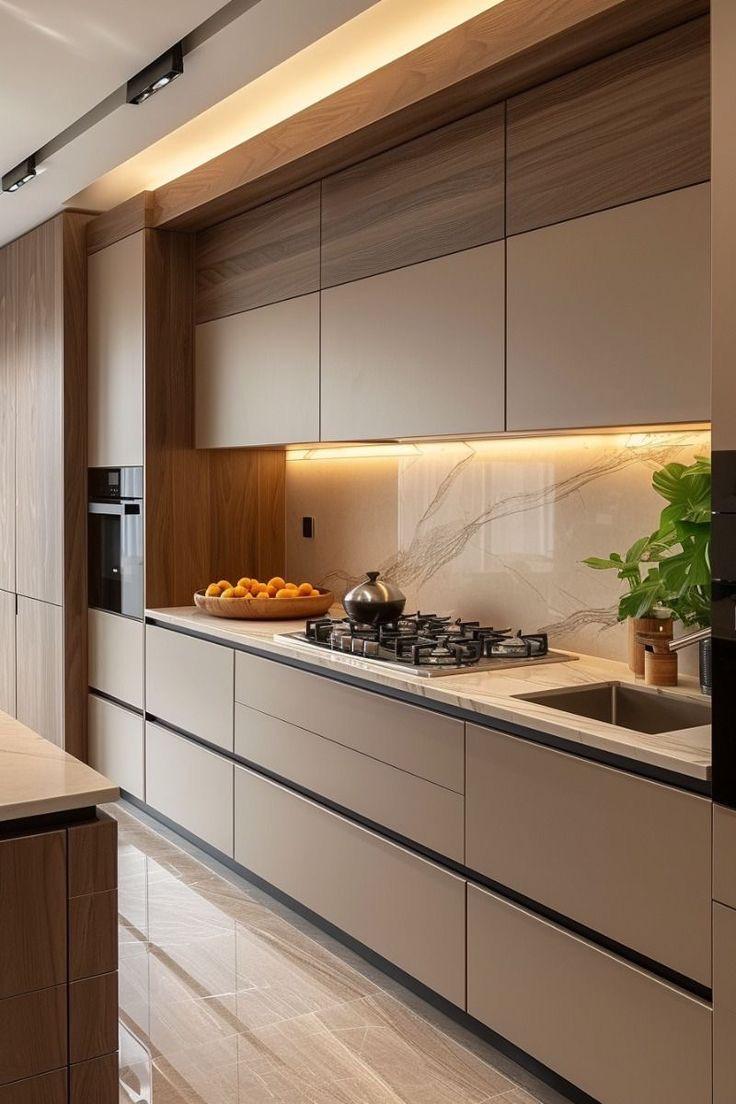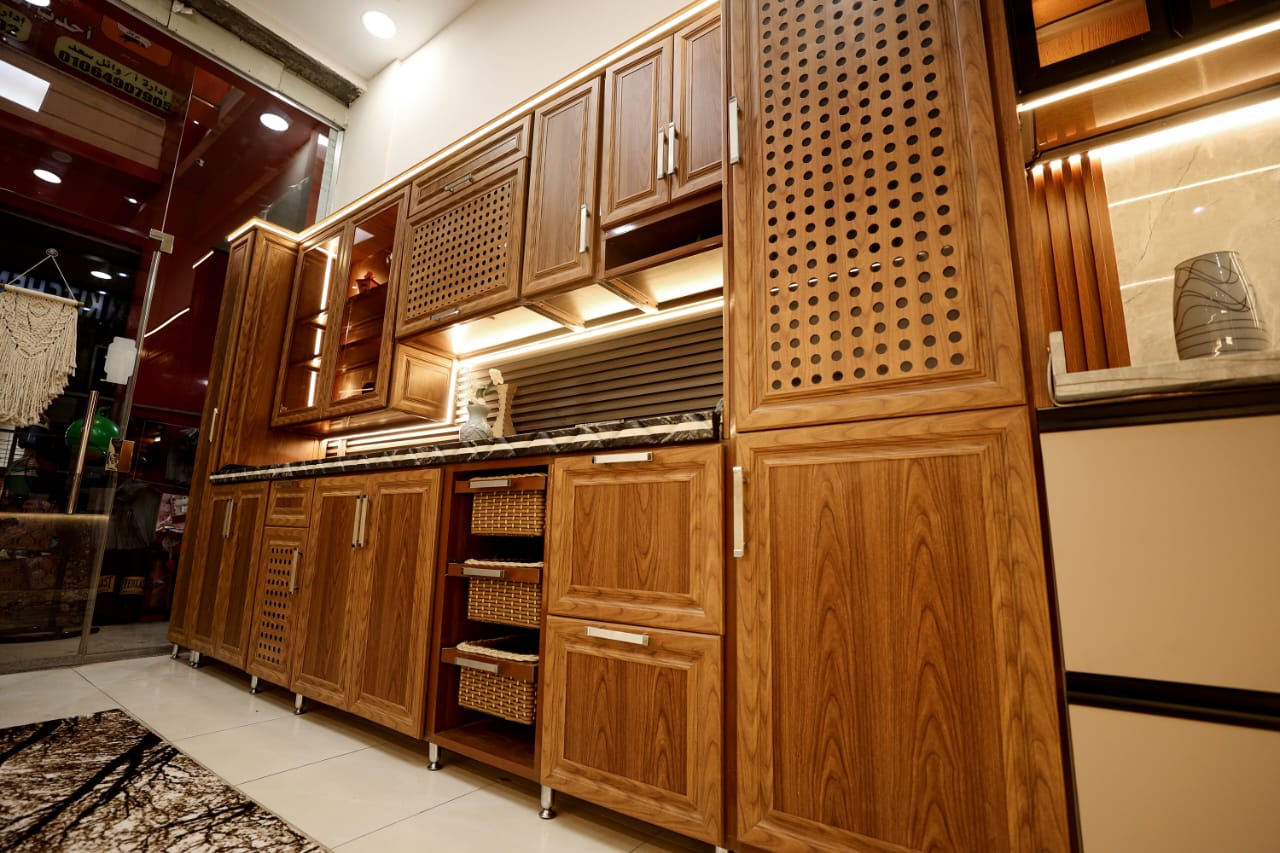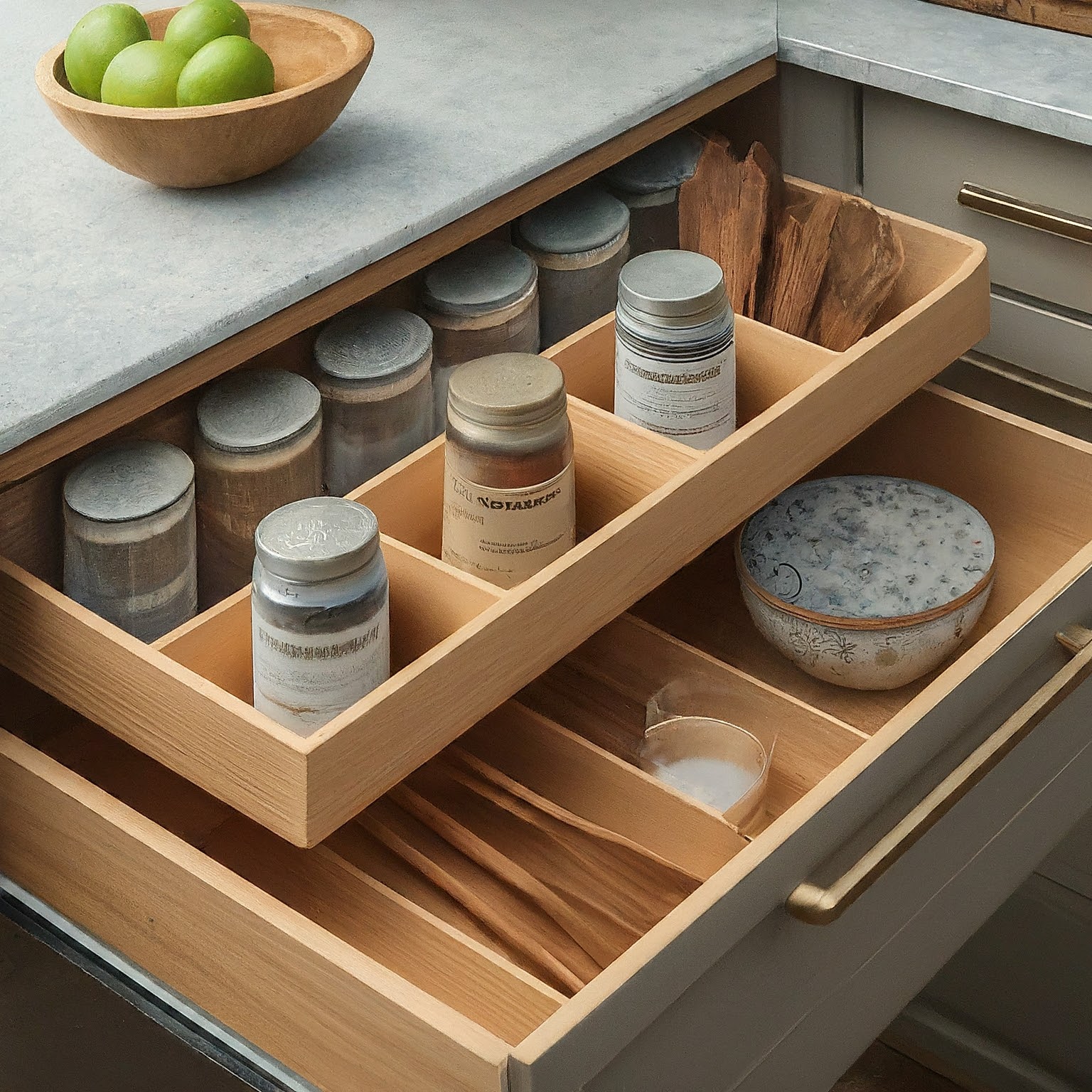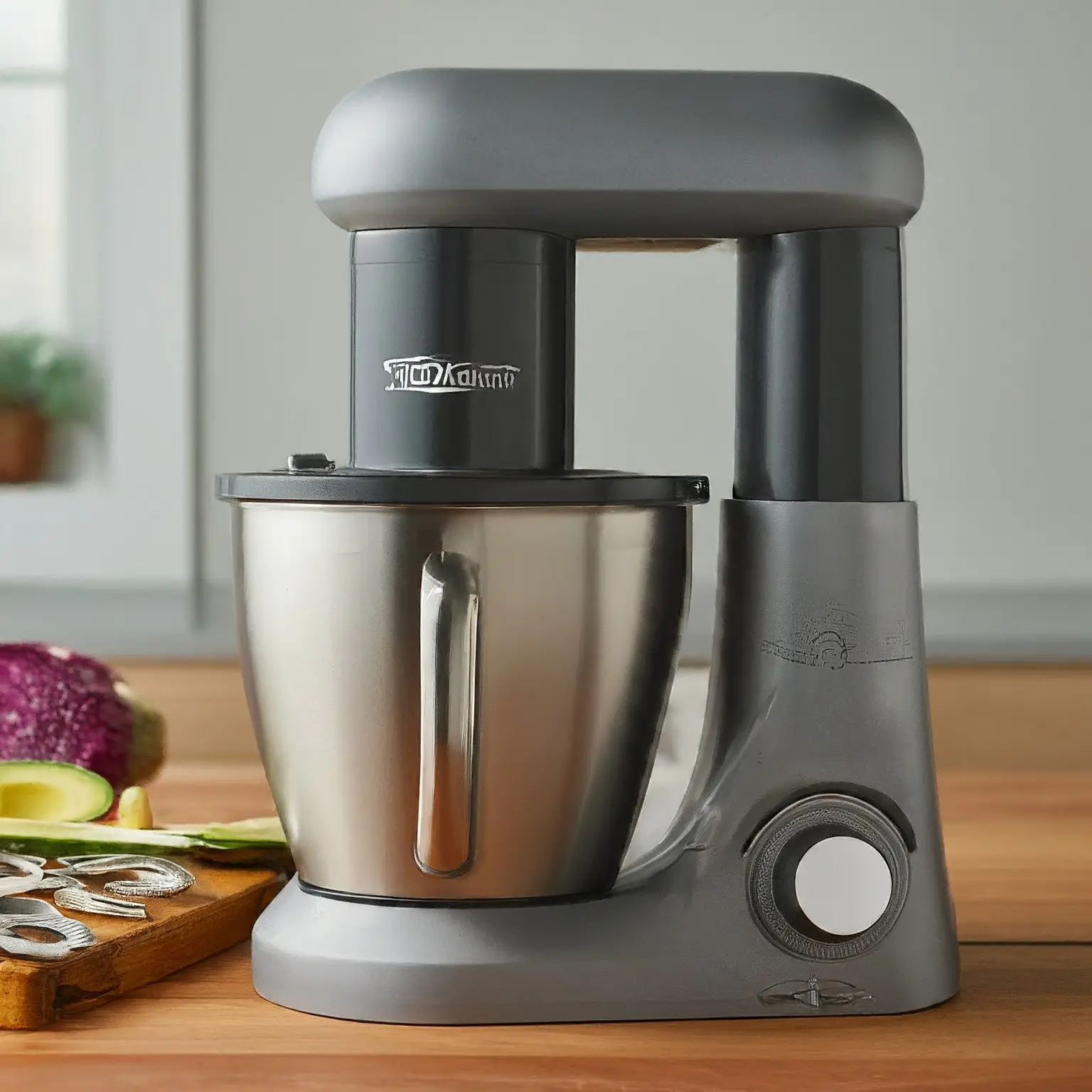introduction
In the world of kitchen design, innovation and creativity constantly shape the way we perceive culinary spaces. One material that has captured the attention of designers and homeowners alike is aluminum. With its remarkable properties and versatile nature, aluminum has been steadily making its mark as a game-changer in kitchen design. In this article, we will explore the magic of aluminum and how it is elevating kitchen design to new heights.
1. The Advantages of Aluminum in Kitchen Design:
Aluminum offers a plethora of advantages that make it an ideal choice for modern kitchen design. Firstly, it is a lightweight material, making it easy to handle and install. This characteristic allows for greater flexibility in designing various kitchen layouts, ensuring that every space is utilized efficiently. Whether it's a small apartment kitchen or a spacious culinary haven, aluminum can adapt to the available area and create functional and visually appealing designs.
Secondly, aluminum is highly durable and resistant to corrosion, which is a crucial factor in a kitchen environment where constant exposure to moisture and heat is common. Unlike other materials, aluminum kitchens are less prone to rusting, warping, or fading, ensuring a long-lasting and visually appealing kitchen space. This durability translates into a wise investment, as aluminum kitchens require minimal maintenance and can withstand the rigors of daily kitchen activities.
Furthermore, aluminum is known for its excellent heat conductivity, allowing for efficient heat distribution in cooking appliances. This property translates into energy savings and precise cooking control, making aluminum kitchens not only visually stunning but also highly functional. Whether you're baking, frying, or grilling, aluminum ensures consistent heat distribution, resulting in delicious culinary creations.
2. Versatility in Design:
Aluminum's versatility is a key element in its ability to elevate kitchen design. It can be easily molded and shaped into various forms, offering endless design possibilities. From sleek and minimalist styles to intricate and ornate details, aluminum can adapt to any design concept, catering to diverse aesthetic preferences. Whether you prefer a modern, industrial look or a classic, timeless appeal, aluminum can seamlessly integrate into your desired design theme.
Moreover, aluminum comes in a wide range of finishes, such as brushed, polished, or matte, allowing homeowners to personalize their kitchen spaces according to their tastes. Whether it's a contemporary kitchen with a glossy finish or a rustic kitchen with a brushed texture, aluminum can effortlessly blend in and enhance the overall aesthetic appeal. Furthermore, aluminum can be anodized or coated to provide additional color options, further expanding design possibilities.
3. Sustainability and Environmental Friendliness:
In recent years, sustainability has become a significant consideration in kitchen design. Aluminum shines in this aspect as well. It is a highly sustainable material, as it can be recycled repeatedly without losing its properties. This recyclability factor makes aluminum an environmentally friendly choice, reducing the demand for virgin resources and minimizing waste. By choosing aluminum kitchens, you contribute to the conservation of natural resources and support a circular economy.
Additionally, the energy required to produce aluminum is considerably lower compared to other materials, making it an energy-efficient option. Choosing aluminum kitchens not only ensures a stunning design but also contributes to a greener and more sustainable future. By minimizing your carbon footprint, you can take pride in knowing that your kitchen contributes positively to the environment.
4. Integration of Aluminum with Other Materials:
Aluminum's compatibility with other materials further expands its design possibilities. It can be seamlessly integrated with glass, wood, or stone, creating a harmonious blend of textures and materials in the kitchen space. For instance, aluminum-framed glass cabinets can lend a modern and sleek touch, while aluminum accents in wooden countertops or stone backsplashes can add an element of visual interest. The ability to combine aluminum with various materials enables designers to create unique kitchen designs that reflect individual styles and preferences. Whether it's a contemporary, industrial-inspired kitchen or a warm and inviting traditional kitchen, aluminum serves as a bridge between different design elements, creating a cohesive and captivating space.
5. Maintenance and Care:
One of the remarkable features of aluminum kitchens is their low maintenance requirements. Unlike some other materials, aluminum is resistant to stains, scratches, and fading, making it easy to clean and maintain its pristine appearance. A simple wipe with a damp cloth is usually sufficient to keep the surfaces clean and free from debris. This convenience saves homeowners time and effort, allowing them to enjoy their kitchens without the hassle of constant maintenance.
Conclusion
The magic of aluminum in kitchen design is undeniable. Its remarkable properties, versatility, sustainability, and compatibility with other materials make it a perfect choice for those seeking a modern and functional kitchen space. By incorporating aluminum into your kitchen, you embrace a material that not only enhances the aesthetic appeal but also ensures durability, functionality, and sustainability. So, let the magic of aluminum transform your kitchen into a space that reflects your personal style and culinary aspirations. Embrace the endless possibilities and elevate your kitchen design to new heights with the enchantment of aluminum.



